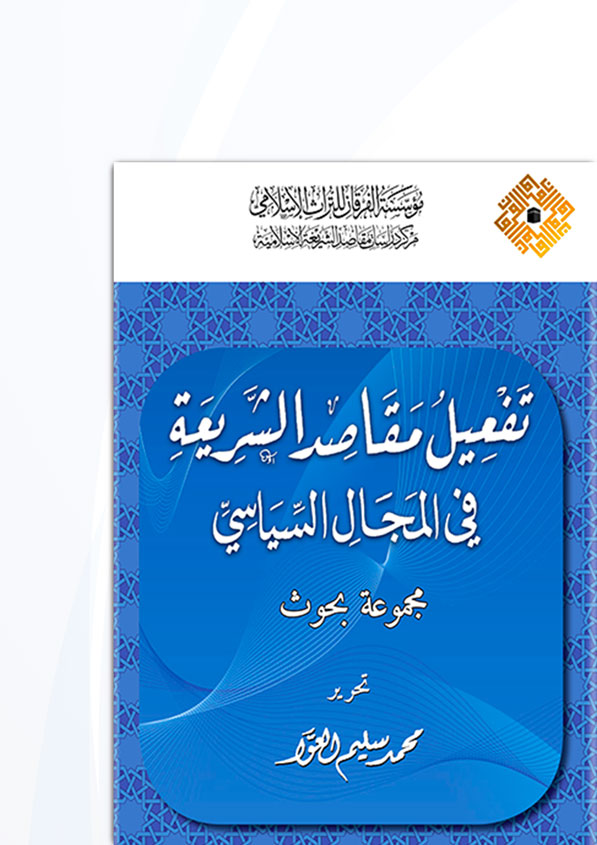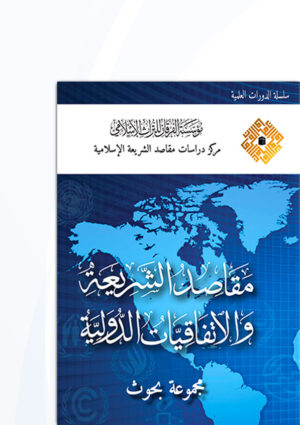Summary
These insightful scholarly works addressed topics of theoretical and applied nature, while applying maqāṣid-based approaches related to the symposium’s subject matter. Moreover, they responded to topical real-world issues, and discussed matters of debate raised in the current Arab political context. Some of the symposium studies examined the dilemma of a civil state with Islamic orientation.
Several studies developed a maqāsid basis on the issue of “pluralism and transfer of power”, while others conceptualised the relationship between parliaments and consensus (ijmāʿ).
Some studies reflected on the legality of political participation in Sharīʿah, the right to organise politically and hold elections. Other studies performed a thorough examination of the theoretical and practical importance of the “jurisprudence of governance in Sharīʿah” (fiqh al-siyāsah al-sharīʿiyah) from the perspective of Sharīʿah texts and maqāsid. Some studies explored civil society and its purposes, the debate over its inclusion or exclusion, and the obstacles that restrict its effectiveness in performing the function of political reform and democratic change in Arab countries.Some studies explored the maqāṣid in labour laws and worker rights, and in deepening self-regulation between transacting parties. Some studies presented human rights reports in light of maqāṣid theory, by comparing selected articles of the “1948 Universal Declaration of Human Rights”, and the «1957 Abolition of Forced Labour Convention». Other studies took a practical, applied approach to maqāṣid in contemporary state constitutions, taking Egypt as a case study.




Reviews
There are no reviews yet.